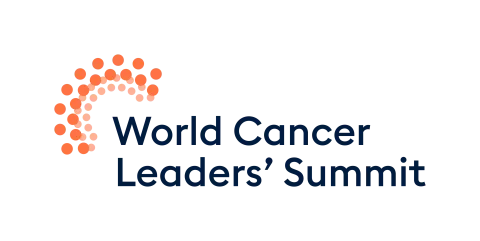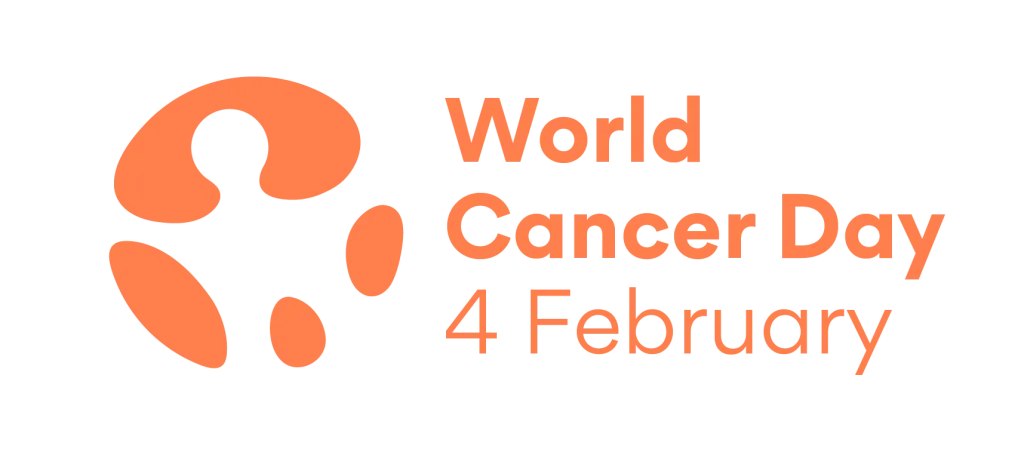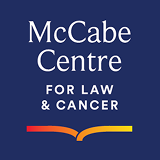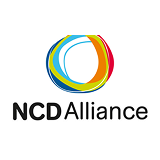Uniting Organizations
Inequities in cancer control exist in every country. Global cancer communities are working toward closing the gap in their respective countries and regions.
The cancer community is united behind the common goal of advancing health equity in cancer control. Equity is at the forefront of the global cancer community’s efforts to work toward a world where we can greatly reduce the risk of cancer and ensure that those who have cancer have access to quality treatment and care. The global cancer community – including the United Nations, the World Health Organization, Ministries of Health, national cancer institutes, cancer societies, research and treatment centers, academia, patient support groups, appropriate private sector and survivors at the local, national and global levels – is taking steps to advance health equity in cancer control in their settings (Figure 43.1; Figure 43.2).
A global network of cancer organizations, the Union for International Cancer Control (UICC) membership worldwide (over 1180 members in 174 countries) in 2025
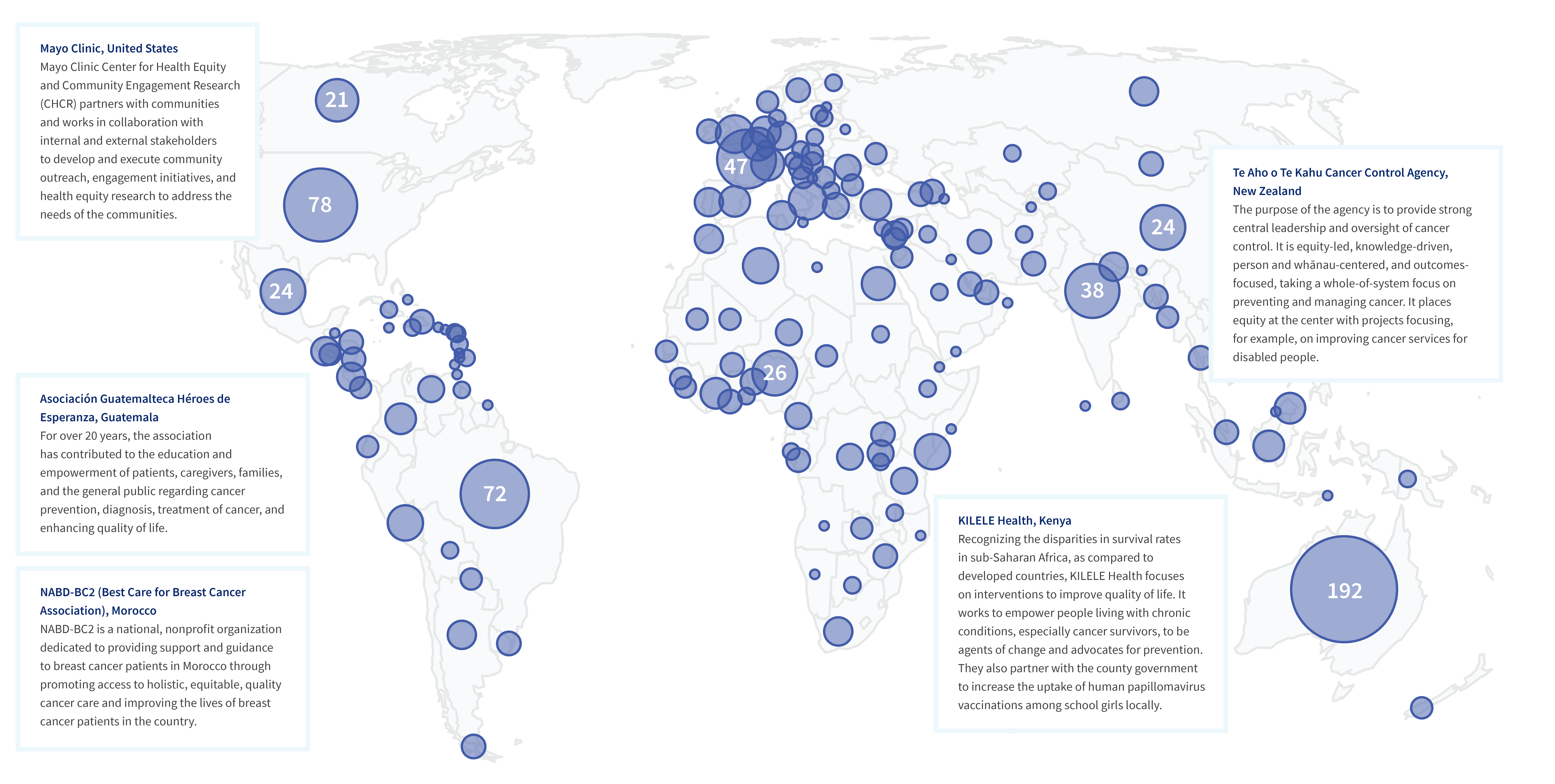
“Global health challenges demand global solutions—uniting organizations worldwide is not an option but a necessity for a healthier future.”
Events organized by UICC to convene stakeholders within and beyond the cancer community to advance health equity
Examples of key actions to close the cancer care gap include (Figure 43.3): increasing funding for cancer research to understand the main disparities in cancer outcomes and the barriers that prevent certain populations from accessing care; developing and implementing an effective national cancer-control strategy (see Cancer Continuum); incorporating comprehensive cancer services into national health benefit packages to achieve universal health coverage (see Universal Health Care); implementing vaccination and screening programs for common cancers and ensuring that access to these is available and affordable (see Vaccination and Early Detection); and addressing the commercial and social determinants of health that impede an individual’s ability to access cancer care (see Health Promotion).

